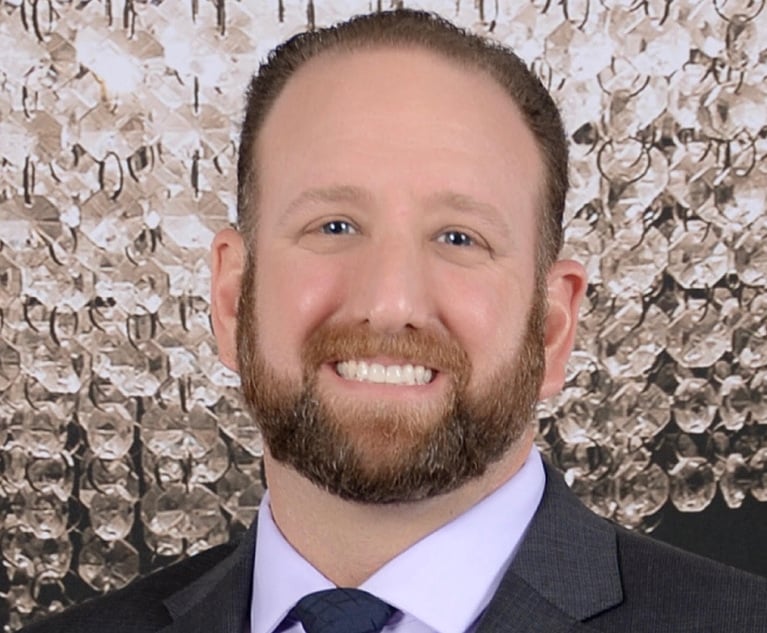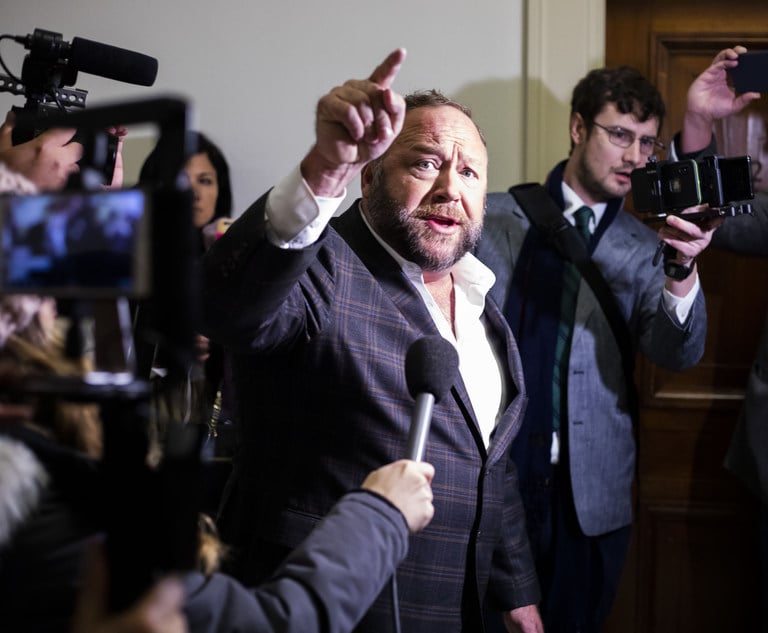 Net metering is a system that deals with the interplay between utilities and rooftop-solar owners, including credits that utilities provide for electricity generated by rooftop systems. Credit: Elenathewise/Adobe Stock.
Net metering is a system that deals with the interplay between utilities and rooftop-solar owners, including credits that utilities provide for electricity generated by rooftop systems. Credit: Elenathewise/Adobe Stock.  Net metering is a system that deals with the interplay between utilities and rooftop-solar owners, including credits that utilities provide for electricity generated by rooftop systems. Credit: Elenathewise/Adobe Stock.
Net metering is a system that deals with the interplay between utilities and rooftop-solar owners, including credits that utilities provide for electricity generated by rooftop systems. Credit: Elenathewise/Adobe Stock.
In a win for the rooftop-solar industry and environmental groups, Gov. Ron DeSantis on Wednesday vetoed a controversial bill that would have made major changes in rules for rooftop-solar energy.
The bill (HB 741) dealt with a somewhat-wonky issue known as "net metering." But it drew a fierce debate during this year's legislative session, as supporters said the state needed to end subsidies for people with rooftop-solar systems and opponents contended the measure would cripple the rooftop-solar industry.
DeSantis' veto message focused on part of the bill that dealt with the potential that more property owners than expected would install rooftop-solar systems between July 1, 2022, and Dec. 31, 2023 — before key changes in the bill would start to take effect in 2024.
If such higher-than-expected rooftop solar use occurred during the 18-month period, utilities would have been allowed to seek to recoup lost revenues from their broader customer bases. The veto message said the "amount that may be recovered under this provision is speculative and would be borne by all customers."
"Given that the United States is experiencing its worst inflation in 40 years and that consumers have seen steep increases in the price of gas and groceries, as well as escalating bills, the state of Florida should not contribute to the financial crunch that our citizens are experiencing," DeSantis' veto message said.
Opponents of the bill quickly praised the veto, saying it would help efforts to boost renewable energy.
"We applaud Gov. DeSantis' decision to veto this bad bill and be a champion for #solar jobs," the Florida Wildlife Federation said in a Twitter post. "We must continue to work together to increase access to solar and other #renewableenergy resources to combat the climate crisis and provide Floridians with affordable energy solutions."
Net metering is a system that deals with the interplay between utilities and rooftop-solar owners, including credits that utilities provide for electricity generated by rooftop systems.
Rooftop-solar owners are required to hook up to utility systems and are able to sell excess electricity and receive bill credits in return. Under rules approved in 2008 by the Florida Public Service Commission, monthly credits are provided at utilities' retail rates. An important part of the bill would have changed that to ultimately providing the credits at what are known as "full avoided cost" rates, which would reduce the amounts going to rooftop-solar owners.
Supporters of the bill, which would have been phased in over several years, said changes are needed because utilities continue to face the overall costs of operating the electrical grid. They said the current system of rooftop-solar credits has shifted more overall utility costs to people who do not have solar systems.
During a March 7 debate, Senate bill sponsor Jennifer Bradley, R-Fleming Island, said the current system is "regressive," as it leads to the vast majority of utility customers subsidizing rooftop-solar owners.
"This bill is fair," Bradley said. "It's a thoughtful glide path to get us to a no-subsidy (system)."
The bill had backing from Florida Power & Light, which ran television ads urging lawmakers to pass it. FPL said in a statement after the veto that it is "always working to deliver clean, reliable energy while keeping customer bills affordable."
"We remain committed to finding a more equitable net metering solution for all Floridians," the statement said. "FPL is leading the nation's largest solar expansion and we will continue to advance solar that is cost-effective for all our customers."
But the bill faced a massive outcry during the legislative session from the rooftop-solar industry and environmental groups.
The opponents argued it would take away financial incentives for property owners to install rooftop systems. That, they said, would hurt the rooftop-solar industry, while also dealing a blow to increasing the use of renewable energy.
"Thanks to @GovRonDeSantis for vetoing HB741 Net Metering this PM! This harmful bill would have had a chilling effect on FL's rooftop #solar industry when it is still in its infancy," Julie Wraithmell, executive director of Audubon Florida tweeted Wednesday. "Great news for renewables, consumers + meeting the challenge of climate change in FL."
— News Service staff writer Jim Turner contributed to this report.
NOT FOR REPRINT
© 2024 ALM Global, LLC, All Rights Reserved. Request academic re-use from www.copyright.com. All other uses, submit a request to [email protected]. For more information visit Asset & Logo Licensing.
You Might Like
View All
Benworth Accused of Predatory Tactics in Foreclosure Dispute as Elderly Defendant's Health Deteriorates
4 minute read

'Get Rid of the Men': Employer Accused of Discrimination

Trending Stories
- 1How to Support Law Firm Profitability: Train Partners Up
- 2Elon Musk Names Microsoft, Calif. AG to Amended OpenAI Suit
- 3Trump’s Plan to Purge Democracy
- 4Baltimore City Govt., After Winning Opioid Jury Trial, Preparing to Demand an Additional $11B for Abatement Costs
- 5X Joins Legal Attack on California's New Deepfakes Law
Who Got The Work
Michael G. Bongiorno, Andrew Scott Dulberg and Elizabeth E. Driscoll from Wilmer Cutler Pickering Hale and Dorr have stepped in to represent Symbotic Inc., an A.I.-enabled technology platform that focuses on increasing supply chain efficiency, and other defendants in a pending shareholder derivative lawsuit. The case, filed Oct. 2 in Massachusetts District Court by the Brown Law Firm on behalf of Stephen Austen, accuses certain officers and directors of misleading investors in regard to Symbotic's potential for margin growth by failing to disclose that the company was not equipped to timely deploy its systems or manage expenses through project delays. The case, assigned to U.S. District Judge Nathaniel M. Gorton, is 1:24-cv-12522, Austen v. Cohen et al.
Who Got The Work
Edmund Polubinski and Marie Killmond of Davis Polk & Wardwell have entered appearances for data platform software development company MongoDB and other defendants in a pending shareholder derivative lawsuit. The action, filed Oct. 7 in New York Southern District Court by the Brown Law Firm, accuses the company's directors and/or officers of falsely expressing confidence in the company’s restructuring of its sales incentive plan and downplaying the severity of decreases in its upfront commitments. The case is 1:24-cv-07594, Roy v. Ittycheria et al.
Who Got The Work
Amy O. Bruchs and Kurt F. Ellison of Michael Best & Friedrich have entered appearances for Epic Systems Corp. in a pending employment discrimination lawsuit. The suit was filed Sept. 7 in Wisconsin Western District Court by Levine Eisberner LLC and Siri & Glimstad on behalf of a project manager who claims that he was wrongfully terminated after applying for a religious exemption to the defendant's COVID-19 vaccine mandate. The case, assigned to U.S. Magistrate Judge Anita Marie Boor, is 3:24-cv-00630, Secker, Nathan v. Epic Systems Corporation.
Who Got The Work
David X. Sullivan, Thomas J. Finn and Gregory A. Hall from McCarter & English have entered appearances for Sunrun Installation Services in a pending civil rights lawsuit. The complaint was filed Sept. 4 in Connecticut District Court by attorney Robert M. Berke on behalf of former employee George Edward Steins, who was arrested and charged with employing an unregistered home improvement salesperson. The complaint alleges that had Sunrun informed the Connecticut Department of Consumer Protection that the plaintiff's employment had ended in 2017 and that he no longer held Sunrun's home improvement contractor license, he would not have been hit with charges, which were dismissed in May 2024. The case, assigned to U.S. District Judge Jeffrey A. Meyer, is 3:24-cv-01423, Steins v. Sunrun, Inc. et al.
Who Got The Work
Greenberg Traurig shareholder Joshua L. Raskin has entered an appearance for boohoo.com UK Ltd. in a pending patent infringement lawsuit. The suit, filed Sept. 3 in Texas Eastern District Court by Rozier Hardt McDonough on behalf of Alto Dynamics, asserts five patents related to an online shopping platform. The case, assigned to U.S. District Judge Rodney Gilstrap, is 2:24-cv-00719, Alto Dynamics, LLC v. boohoo.com UK Limited.
Featured Firms
Law Offices of Gary Martin Hays & Associates, P.C.
(470) 294-1674
Law Offices of Mark E. Salomone
(857) 444-6468
Smith & Hassler
(713) 739-1250






